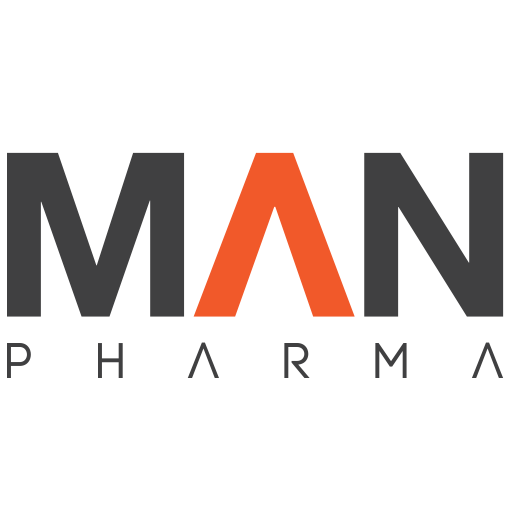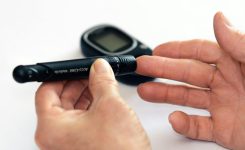Blog
Everything You Need to Know About Molecular Diagnostics
Molecular Diagnostics, otherwise, called molecular pathology, combines laboratory testing with the accuracy of molecular biology and has transformed the healthcare industry by examining examines human, viral, and microbial genes, genomes, and their encoded products. Molecular Diagnostic testing is the gold standard for transplant and transfusion diagnostics, oncology, and infectious disease testing.
1. This is more sensitive and can detect infections earlier.
Molecular Diagnostics is more sensitive in detecting lower amounts of infectious agents, therefore giving it the ability to detect infections earlier.
Detecting infections earlier is one of the selling points of Molecular Diagnostics. It is valuable since it can detect infectious materials even at the early stages of infections when the body hasn’t produced antibodies against the pathogen.
2. It can detect, analyze, and diagnose infections and can help doctors give the proper treatment to patients.
In testing for infectious diseases, this tests patients’ samples for illnesses and screens them for colonized or contaminated people. Once the attending physician analyzes the test results, he will then diagnose the patient with the condition and then monitors the course or spread of the infection.
3. Molecular Diagnostics minimizes false-positive test results.
Molecular tests that are designed properly can minimize the risk of giving false-positive test results by targeting specific molecules of interest.
4. Molecular Diagnostics receives results faster
Compared to standard culture methods, Molecular Diagnostics can receive results faster, resulting in a faster turnaround time for test results.
5. Molecular Diagnostics Has A Lot of Uses.
Molecular Diagnostics can be used in a variety of ways like: Detecting and testing Infectious Diseases, Genetics Testing, Forensics, Drug Resistance, and tumor detection and monitoring.








